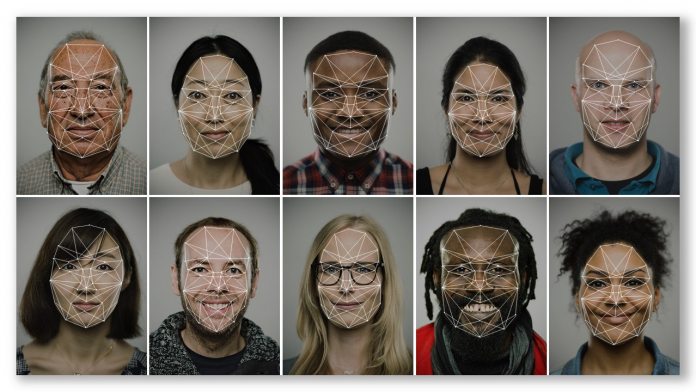In a statement to Business Insider, the company’s president hinted spreading the tech is an moral obligation. Indeed, Brad Smith says not giving facial recognition software to governments would be “cruel”. Smith says that is not the case and there is evidence of facial recognition technology being used in positive government programs. For example, he cites it use in the discovery of 5,000 missing children in India: “I do not understand an argument that companies should avoid all licensing to any government agency for any purpose whatsoever. A sweeping ban on all government use clearly goes too far and risks being cruel in its humanitarian effect.” Despite believing the technology can be positive, Smith is advocating a cautious approach. Microsoft’s president says he is concerned about its use in countries that have human rights violations: “There are certain uses of facial recognition that should cause concern and should cause everyone to proceed slowly and with caution. That’s certainly what we’re doing and we’re very worried about situations where facial recognition technology could be used in a manner that would cause bias or discrimination.”
Regulatory Framework
In December, Microsoft and Smith called for the government to create regulations surrounding facial recognition tech. “We believe that the only way to protect against this race to the bottom is to build a floor of responsibility that supports healthy market competition. And a solid floor requires that we ensure that this technology, and the organizations that develop and use it, are governed by the rule of law,” said Smith.




